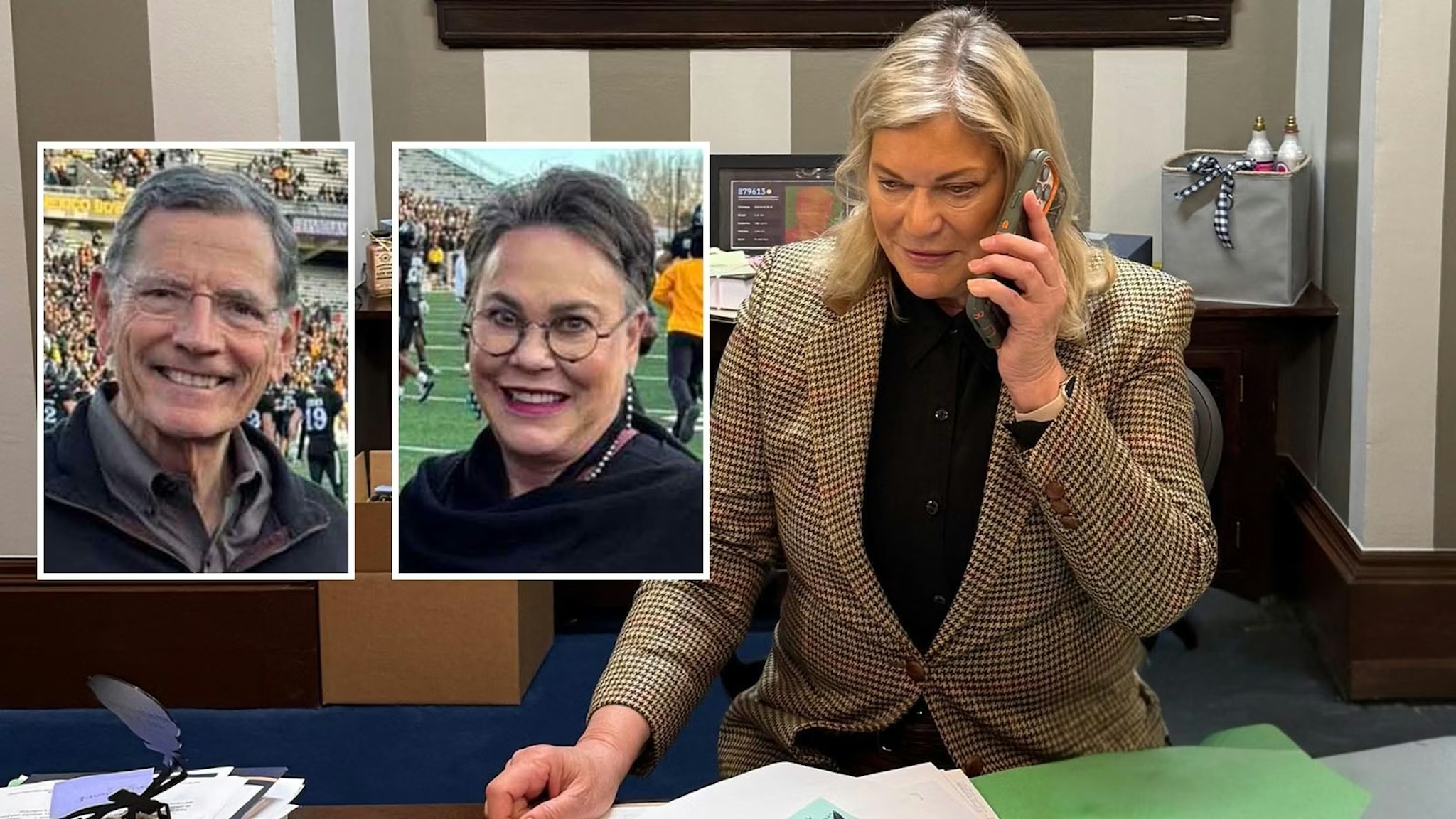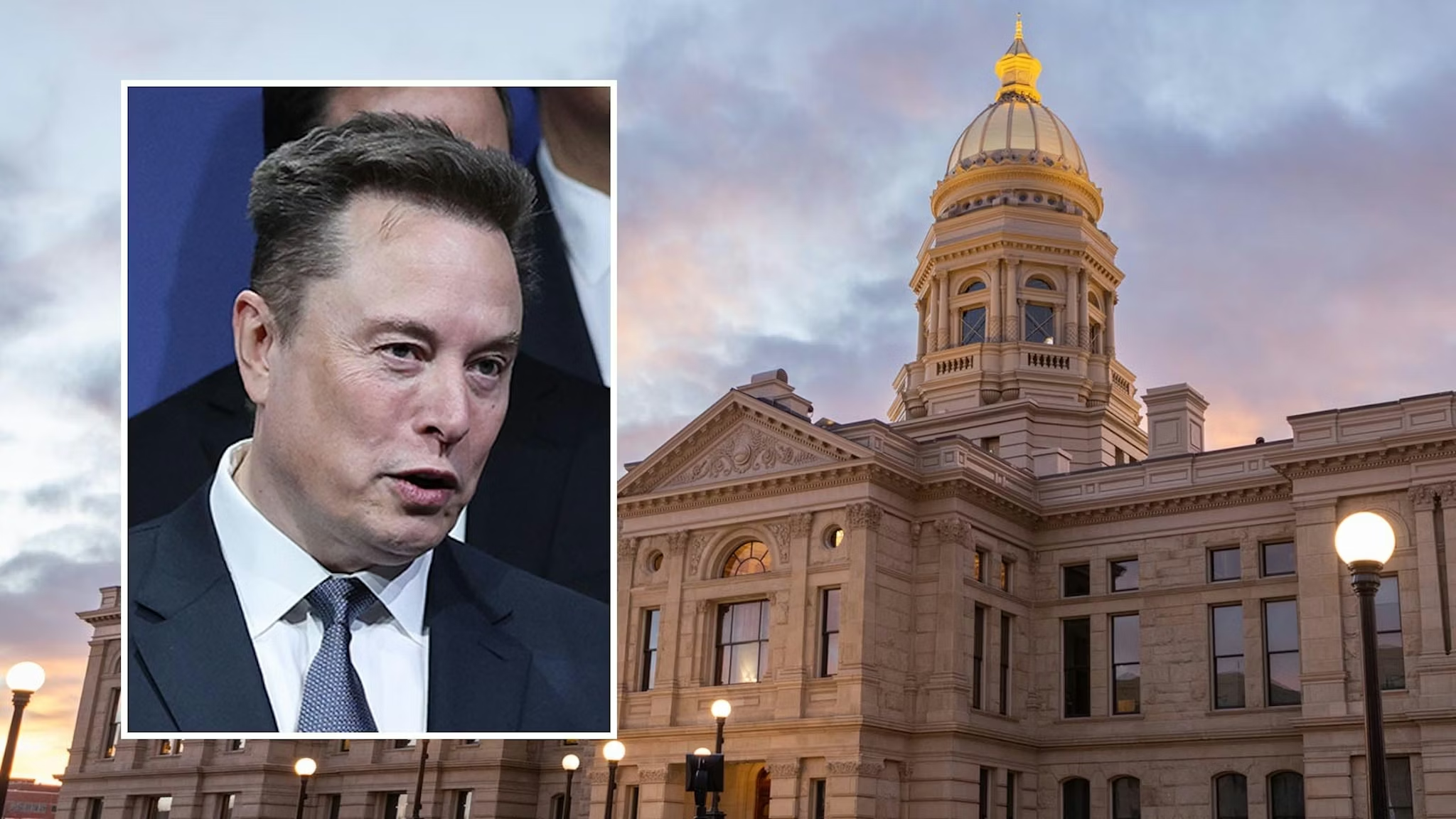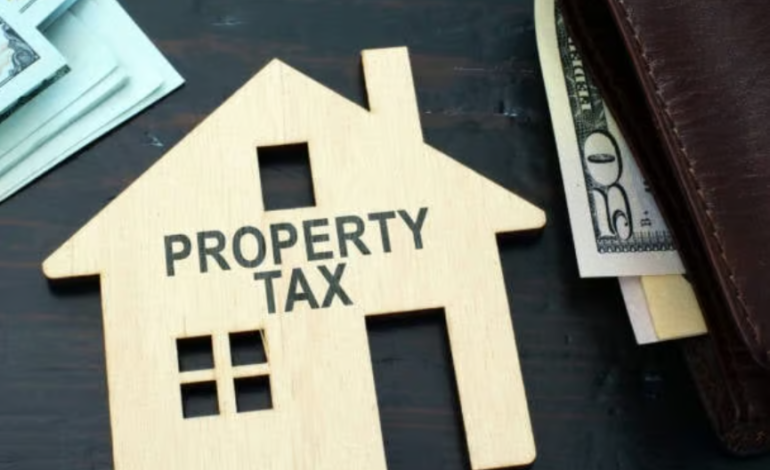Wyoming legislators are continuing their efforts to reform property tax laws following the passage of Amendment A in the 2024 general election.
On Wednesday, the Joint Revenue Committee took key steps toward defining “residential property” as its own class for taxation purposes and began discussing the viability of a property tax system based on acquisition value.
The committee voted to draft legislation that would statutorily define “residential property” and assign it the state’s lowest assessed tax rate of 8.3%. This move follows voter approval of Amendment A, which constitutionally allowed for the creation of a separate residential property tax class. The goal is to enable lawmakers to provide targeted tax relief, particularly for homeowners.
Rep. Tony Locke (R-Casper), co-chair of the committee, led the motion to draft the definition. The amendment also opened the door for the creation of a subclass for owner-occupied homes, though that option remains under discussion.
In addition to defining residential property, the committee debated a significant shift in how property is assessed. Lawmakers discussed transitioning to an acquisition-based model, where property taxes would be calculated based on the home’s value at the time of purchase, not its current market value.
Sen. Troy McKeown (R-Gillette) and Rep. Jayme Lien (R-Casper) expressed support for this system, arguing it would offer stability amid fluctuating market conditions, which have driven up property values in many parts of the state. Rep. Lien requested a bill draft modeled on House Bill 282 from the most recent legislative session, with a possible constitutional amendment added by Locke if deemed necessary by legal counsel.
“This is a different way to value it,” McKeown said. “It is equal, it is fair.”
Supporters like Rep. Robert Wharff (R-Evanston) added that taxes would still be paid in full upon property transfer, maintaining fairness.
However, senior staff attorney Josh Anderson of the Legislative Service Office cautioned lawmakers that a shift to acquisition-based valuation could raise constitutional concerns under Article 15, Section 11 of the Wyoming Constitution. This section requires uniform taxation within each class and prohibits new subclasses outside what the Constitution explicitly allows.
Despite these concerns, some legislators remained optimistic about the potential to legally implement the change. The state Board of Equalization has previously called the acquisition-based model “on its face unconstitutional,” raising the possibility of legal challenges.
The broader conversation comes amid confusion and dissatisfaction surrounding recent property tax relief measures. County officials and residents have voiced concerns about inconsistent rules and a lack of clarity for assessors and taxpayers alike.
During the committee meeting in Gillette, Campbell County Commissioner Scott Clem criticized what he described as a chaotic approach to tax reform.
“Do you want to see your communities in a state of stability or chaos?” he asked, suggesting current measures have leaned toward the latter.
Clem warned that switching to a new system like acquisition-based taxation could unevenly impact communities, particularly in how property tax revenue supports essential services such as schools and fire departments. Wyoming collected about $2 billion in property taxes during the 2024 fiscal year, making it the state’s largest source of tax revenue.
He also raised practical questions about how to handle home improvements and long-held properties under the proposed system.
“What happens if you buy your own home 10 years ago, but now you’re adding on to it—how is that value reset?” Clem asked.
Wyoming Tribune Eagle and Gillette News Record contributed to this report.










The latest news in your social feeds
Subscribe to our social media platforms to stay tuned